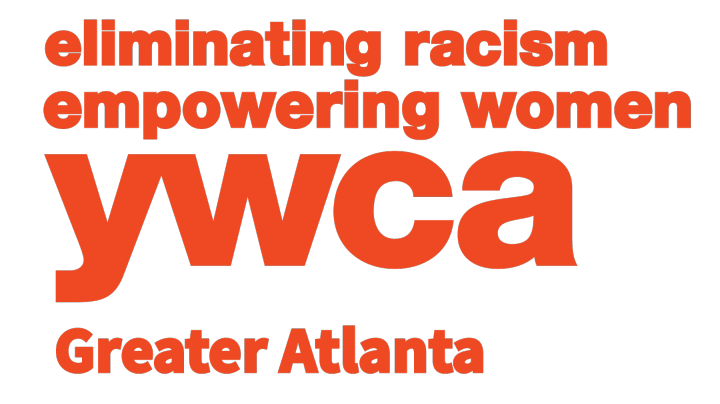Creating Space for Conversation

Written By: Amy Gregg, Advocacy Intern, YWCA of Greater Atlanta
We were both raised by southern families that we didn’t quite feel like we fit into. We both loved to treat ourselves to a spa day. We both felt a deep need for sisterhood amongst the women in our lives. We both loved to spend time in our hammocks under the trees. We both maintained the belief that things simply were not as equal as we were told they would be.We also both loved to dye our hair red. The first time we ever had a conversation about race relations we were both leaning over the edge of her bathtub, my head under the running faucet and her hands rinsing the residual dye from the roots of my hair. As she finished telling a story of a recent act of discrimination at her workplace, I towel-dried my hair and responded, “Yeah that sounds like institutionalized racism to me.”She stood quietly for a minute, and I worried that perhaps I had made her uncomfortable. Then looked me in the eye and responded:“Thank you for believing me.” I share this story because a seemingly simple conversation allowed her to recognize me as an ally in the struggle for racial justice.But this conversation really wasn’t simple at all. It required courage on her end to potentially make me feel uncomfortable by discussing her white coworkers’ racism. It demanded honesty from her while sharing her experiences as a black woman in the workplace. It asked of me to remain an active, empathetic listener.That encounter allowed our friendship to blossom further. Now we live together and discuss topics of racial justice, women’s equality, and solidarity over the dinner table. She challenges me to think beyond my experience as a white woman and increasingly holds me accountable as an ally both within our private home and in the public sphere.After we developed a safe space between ourselves to hold conversations about race and social justice, we each felt more comfortable facilitating those conversations with other people. For her, that often means addressing inappropriate comments or behaviors from her white peers, and for me, that means figuring out ways to discuss white privilege with my family and colleagues. We now host monthly meetings with a group of friends, lovingly referred to as The League of Unusual Women, to discuss the intersection of race and other social justice topics.
I share this story because a seemingly simple conversation allowed her to recognize me as an ally in the struggle for racial justice.But this conversation really wasn’t simple at all. It required courage on her end to potentially make me feel uncomfortable by discussing her white coworkers’ racism. It demanded honesty from her while sharing her experiences as a black woman in the workplace. It asked of me to remain an active, empathetic listener.That encounter allowed our friendship to blossom further. Now we live together and discuss topics of racial justice, women’s equality, and solidarity over the dinner table. She challenges me to think beyond my experience as a white woman and increasingly holds me accountable as an ally both within our private home and in the public sphere.After we developed a safe space between ourselves to hold conversations about race and social justice, we each felt more comfortable facilitating those conversations with other people. For her, that often means addressing inappropriate comments or behaviors from her white peers, and for me, that means figuring out ways to discuss white privilege with my family and colleagues. We now host monthly meetings with a group of friends, lovingly referred to as The League of Unusual Women, to discuss the intersection of race and other social justice topics. The ability to hold these conversations required us to create a new space. A space in which those with more privilege learn to sit back and listen without interruption. A space that allows those who have been historically oppressed to share their stories without fear of pushback or harm. A space where we can approach one another as friends, agree or disagree, walk away, and then keep coming back to sit at the table to learn and discuss more.
The ability to hold these conversations required us to create a new space. A space in which those with more privilege learn to sit back and listen without interruption. A space that allows those who have been historically oppressed to share their stories without fear of pushback or harm. A space where we can approach one another as friends, agree or disagree, walk away, and then keep coming back to sit at the table to learn and discuss more.
